The American business travel industry continues to operate at 78% of pre-pandemic levels, a figure that has remained stubbornly stagnant for over a year. While many initially attributed the sluggish recovery to temporary factors like lingering health concerns and corporate belt-tightening, it's becoming increasingly clear that deeper structural shifts are at play. This isn't simply a matter of delayed normalization – we're witnessing the permanent reshaping of how American companies approach travel expenditures.
Corporate cost-cutting goes beyond cyclical adjustments. What began as pandemic-era necessity has evolved into strategic priority, with CFOs recognizing that reduced travel budgets can coexist with maintained (or even improved) productivity. The widespread adoption of sophisticated virtual collaboration platforms has created a permanent alternative to in-person meetings, particularly for routine check-ins and internal coordination. Major consulting firms now report conducting 40-60% of client meetings virtually, a seismic shift from pre-2020 norms when face-to-face interactions were considered non-negotiable for high-value relationships.
The environmental factor has transitioned from PR talking point to boardroom consideration. With 68% of Fortune 500 companies now having formal carbon reduction targets (Deloitte 2023 Sustainability Report), unnecessary air travel faces increased scrutiny. Sustainability officers now routinely challenge travel requests that don't demonstrate clear ROI, creating additional friction in the approval process. This isn't greenwashing – internal carbon pricing mechanisms are literally making flights more expensive on corporate balance sheets.
Middle management's eroded authority plays an underdiscussed role. Pre-pandemic, department heads enjoyed considerable discretion over travel budgets. Today's more centralized financial controls mean every flight request undergoes procurement-level review, with standardized cost-benefit analyses that often favor remote alternatives. The rise of travel approval algorithms in enterprise software packages has removed human discretion from many decisions, creating an institutional bias against travel.
Client expectations have fundamentally changed. Where buyers once expected lavish in-person pitches as standard practice, many now view excessive travel as either environmentally irresponsible or indicative of outdated business practices. In tech and professional services particularly, the ability to conduct sophisticated remote engagements has become a competitive differentiator. The prestigious "road warrior" status that once propelled careers now often signals inefficiency rather than dedication.
The economics of business class tell a revealing story. While economy travel has recovered to 85% of 2019 levels, premium cabin purchases languish at 62% (Advito 2023 Industry Forecast). This isn't just about reduced trips – it reflects a cultural shift in how companies view employee comfort during travel. The "talent war" justification for lavish travel perks has weakened as remote work redefines employee expectations around quality of life.
Airline and hotel pricing strategies have inadvertently exacerbated the situation. With corporate rates now averaging 28% higher than pre-pandemic levels (GBTA Business Travel Index), many companies established hard caps on daily expenses that make frequent travel financially untenable. The erosion of loyalty program benefits further reduces the perceived value of maintaining previous travel volumes.
Perhaps most significantly, the generational shift in leadership is accelerating these trends. Younger executives who built careers during Zoom's ascendancy lack the ingrained assumptions about travel's necessity that shaped previous generations. As these digital-native leaders assume decision-making roles, they're institutionalizing policies that permanently reduce travel dependence. McKinsey's 2023 Next-Gen Leadership Survey found 73% of executives under 45 believe most pre-pandemic travel was unnecessary – a stark contrast to their older counterparts.
The consequences extend far beyond airlines and hotels. Urban business districts designed around constant foot traffic from traveling professionals continue struggling with reduced demand. The entire ecosystem of airport concessions, ground transportation, and event venues faces permanent contraction. Even timezone arbitrage has emerged as an unexpected factor, with companies realizing they can stretch virtual work across timezones without expensive travel.
This isn't to suggest business travel will disappear. Certain functions – complex sales negotiations, high-stakes contract signings, hands-on equipment demonstrations – continue justifying the expense. But the new normal appears to be a permanently smaller industry, with travel reserved for situations where physical presence creates measurable, attributable value that can withstand increasingly rigorous financial and environmental scrutiny.
As the recovery plateau at 78% extends into 2024, the industry must abandon hopes for a full rebound. The future belongs to providers who can demonstrate concrete ROI on travel expenditures in an environment where every trip must prove its worth against increasingly sophisticated alternatives. What began as temporary adaptation has become permanent transformation – the American approach to business travel has fundamentally and irrevocably changed.
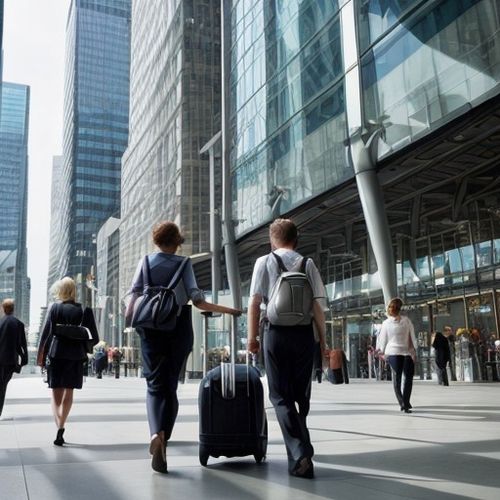
By Jessica Lee/Apr 7, 2025
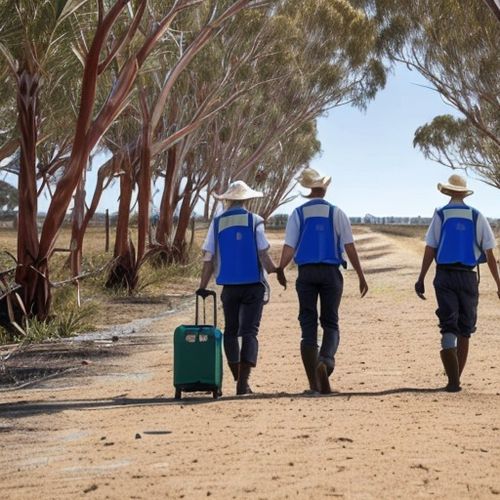
By Emily Johnson/Apr 7, 2025
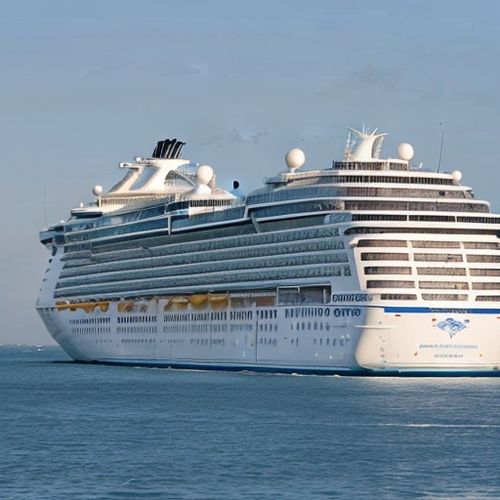
By Jessica Lee/Apr 7, 2025

By Joshua Howard/Apr 7, 2025

By Amanda Phillips/Apr 7, 2025

By Sophia Lewis/Apr 7, 2025
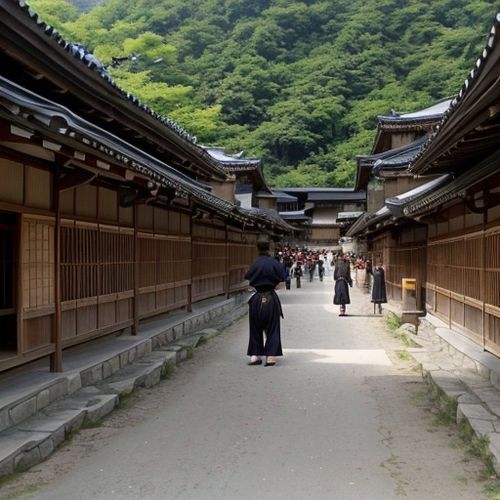
By Samuel Cooper/Apr 7, 2025

By Michael Brown/Apr 7, 2025
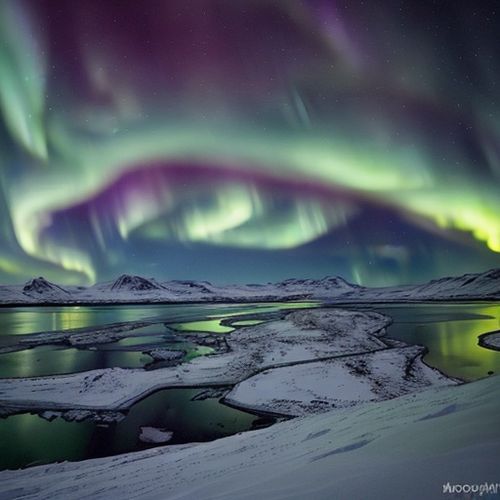
By Elizabeth Taylor/Apr 7, 2025
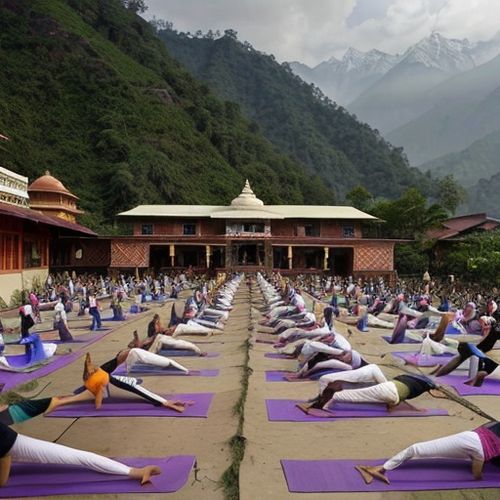
By Sarah Davis/Apr 7, 2025

By Daniel Scott/Apr 7, 2025
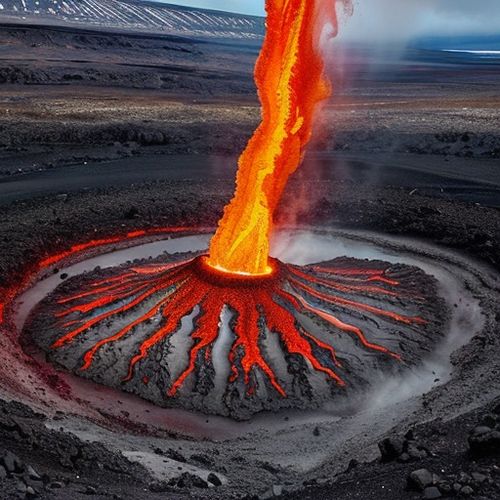
By Grace Cox/Apr 7, 2025
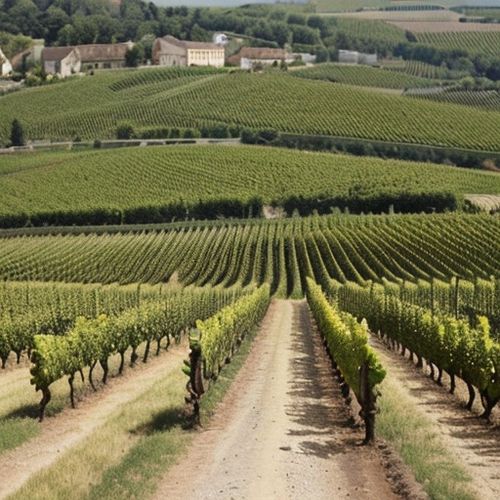
By Grace Cox/Apr 7, 2025
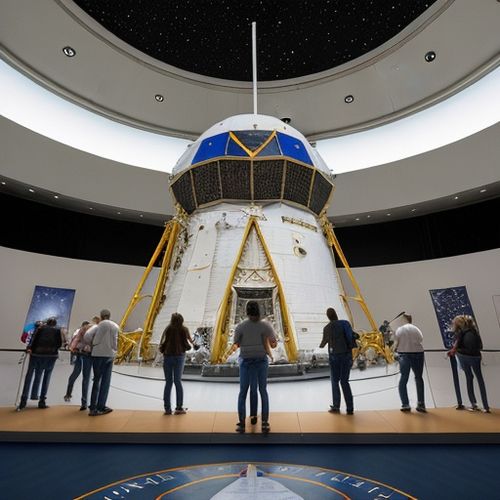
By Ryan Martin/Apr 7, 2025

By Christopher Harris/Apr 7, 2025

By Lily Simpson/Apr 7, 2025
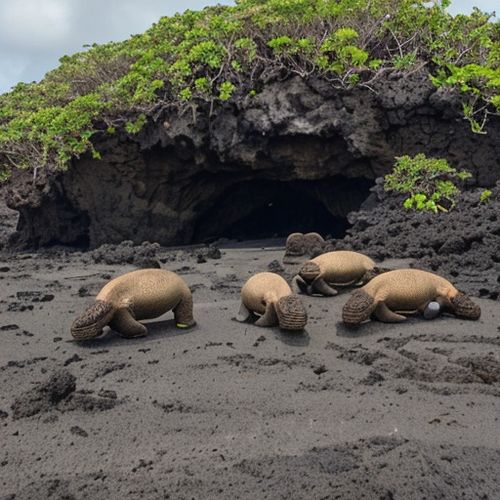
By Elizabeth Taylor/Apr 7, 2025

By Christopher Harris/Apr 7, 2025
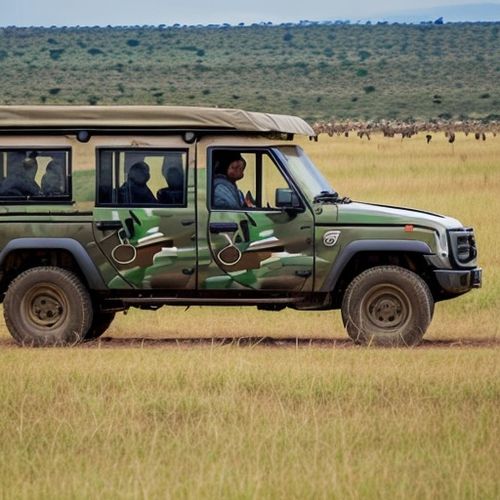
By Noah Bell/Apr 7, 2025
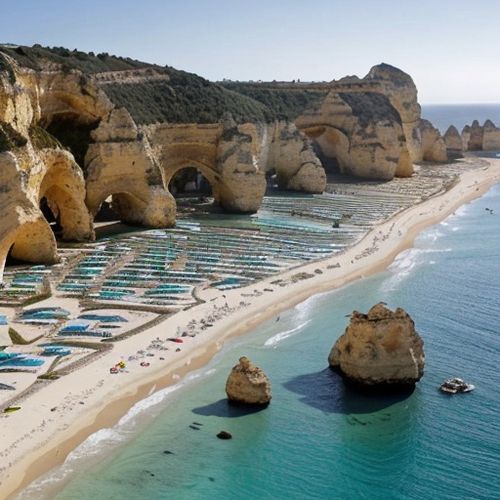
By Thomas Roberts/Apr 7, 2025